Product Showcase
Product Showcase
Almost in Ferrari red, meet the X5. The product is priced at give or take at a $699 or 749 EUR for a 1000 GB model. Have a peek at some product shoot photos.
Here we go. So remember, the Samsung T5 is USB 3.1, but yeah the X5 it is solely Thunderbolt 3, and that is mandatory, I cannot stress enough that you cannot hook it up to any USB port. The internal SSD that Samsung houses TLC based stacked Vertical Nand (64-layers), it really is an NVMe SSD in a portable box.
The storage device is rated at a staggering 2800 MB/sec for reads and 2300 MB/sec for writes (sustained) over Thunderbolt 3 (which offers 40 GBps of bandwidth), and that is comparable with modern age NVMe SSD. Included are a small manual, and TB cable. It's all you need really.
The storage unit, in fact, shares an SSD NAND partition to the host controller. This 40 Gbps bandwidth capable storage unit makes use of Samsung's own 3D-V-NAND. 64-layer NAND flash memory ICs can be spotted on the PCB. The NAND FLASH partitions are assigned directly to the controller. As stated, the NAND used is the latest iteration of 3D V-NAND in architecture where memory cells are stacked and this way they can put more of them in a chip.
The unit has a size of 119 x 62 x 19.7 mm (4.7 x 2.4 x 0.8 inches), with a weight of 150 grams only. It features Dynamic Thermal Guard, which will activate in extreme temperature conditions to protect the drive and any stored data. The Samsung Portable SSD X5 is easy to set up and protect, so you can feel safe in the knowledge that their original work will not fall into the wrong hands or get lost. With just one password, the drive is safe from unwanted access protected by a AES 256-bit hardware encryption. You receive a three-year carry-in warranty.
Mind you, the PCIe thunderbolt controller is NOT included.
Internally there is a lot going on. The product is all about cooling, ergo it's bigger in size. Even the backside of the PCB has a copper cooling plate over the Thunderbolt controller unit.
Looking at the front side of the PCB, you can see an M2 unit. However look at the next render from Samsung:
So yes, there's a lot of cooling needed. In fact, after running the benchmarks I held the product in my hands, and it was (the casing) above body temperature.
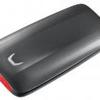
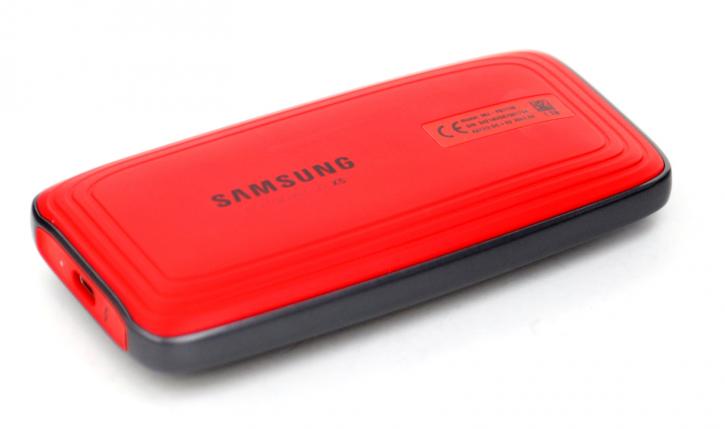
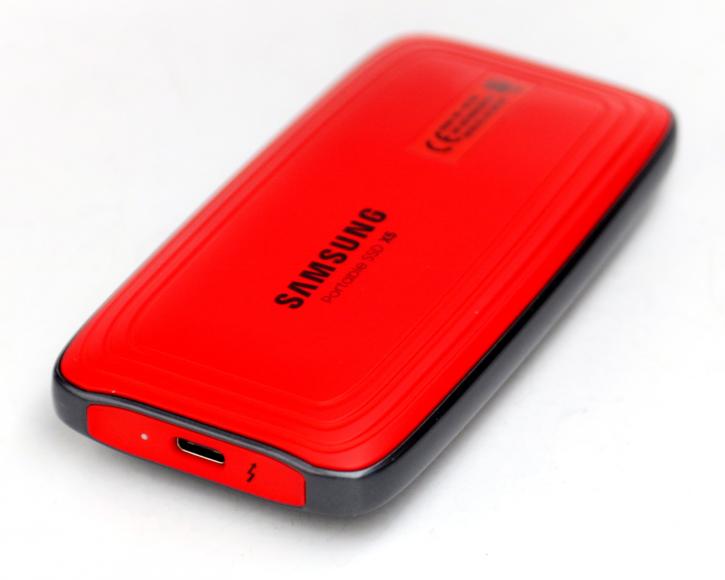
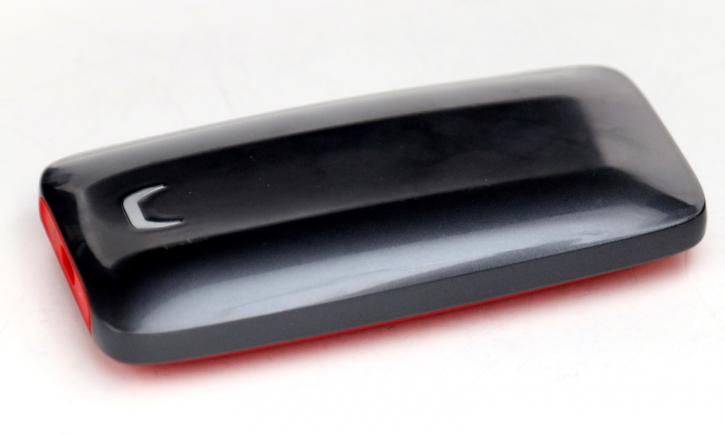
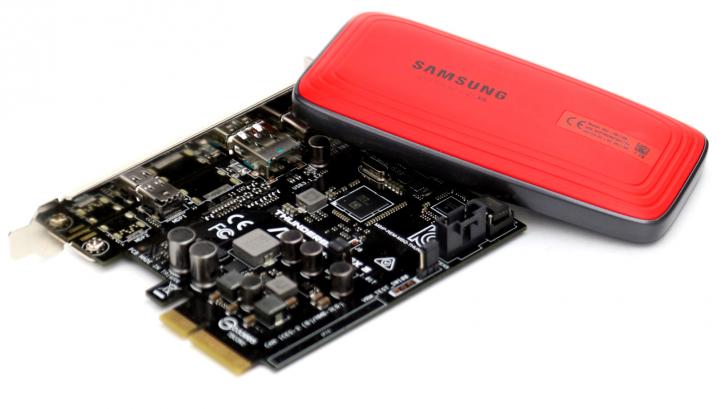
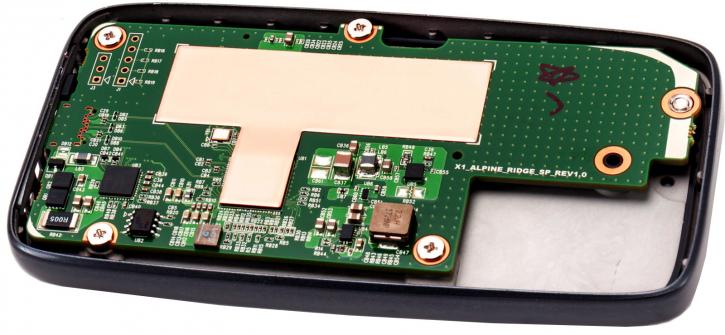
.jpg)

